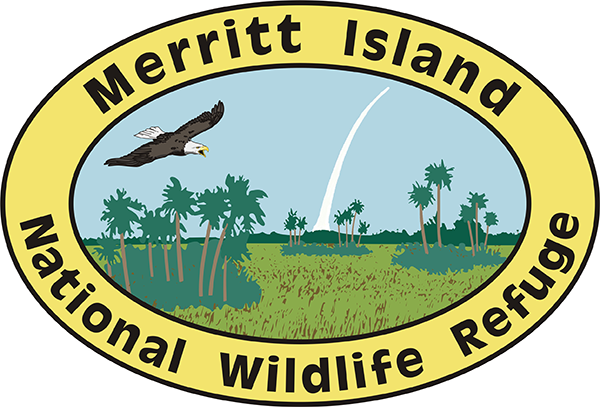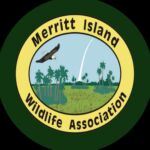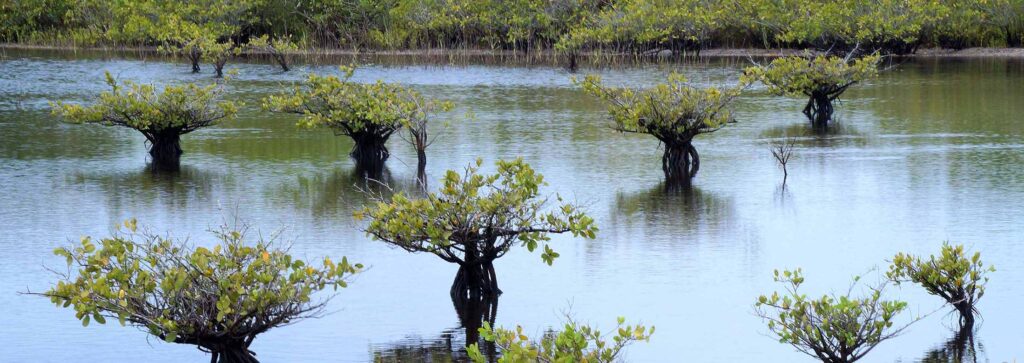
What Is Merritt Island Wildlife Association (MIWA)?
The Merritt Island Wildlife Association (MIWA) is a Florida nonprofit corporation with a mission to: “Promote conservation, awareness, appreciation, and use of the Merritt Island National Wildlife Refuge (MINWR) and to support Refuge programs.”
We are a Refuge Friends group, one of over 200 such organizations supporting National Wildlife Refuges and other US Fish & Wildlife Service (USFWS) facilities from Maine to Hawaii and Alaska to Florida. We operate under a Cooperative Agreement with the USFWS and manage a gift shop called the Bookery inside the MINWR Visitor Center. MIWA is an affiliate of the Washington, DC–based National Wildlife Refuge Association, which advocates for the entire National Wildlife Refuge System and chairs a coalition of 22 national wildlife, conservation, and outdoor recreation organizations.
MIWA was formed in 1994 with the goal of supporting projects, internships, community outreach and environmental education programs to benefit Refuge visitors and MIWA members. MIWA is governed by a Board of Directors elected for staggered two-year terms at our annual meetings. The Board is representative of a broad range of interests of our membership – wildlife observation, photography, hunting, fishing, boating, hiking, education, business, the space industry, and local government.
As federal budgets get smaller each year for resource agencies, organizations such as the Merritt Island Wildlife Association play an increasingly larger role in providing support for activities and programs that otherwise would not take place.
We would like to not only thank our MIWA members, MINWR refuge volunteers and supporters but all the friends groups, volunteers and everyone who is dedicated to the protection and conservation of precious places such as our refuge.
So, wherever you are, we encourage you to get out to your local park, seashore or refuge and enjoy the wonders they hold and find out what you can do to help.
See you on the Refuge!
Join Our Mailing List
Join our mailing list to learn about educational programs, Refuge activities and upcoming events.

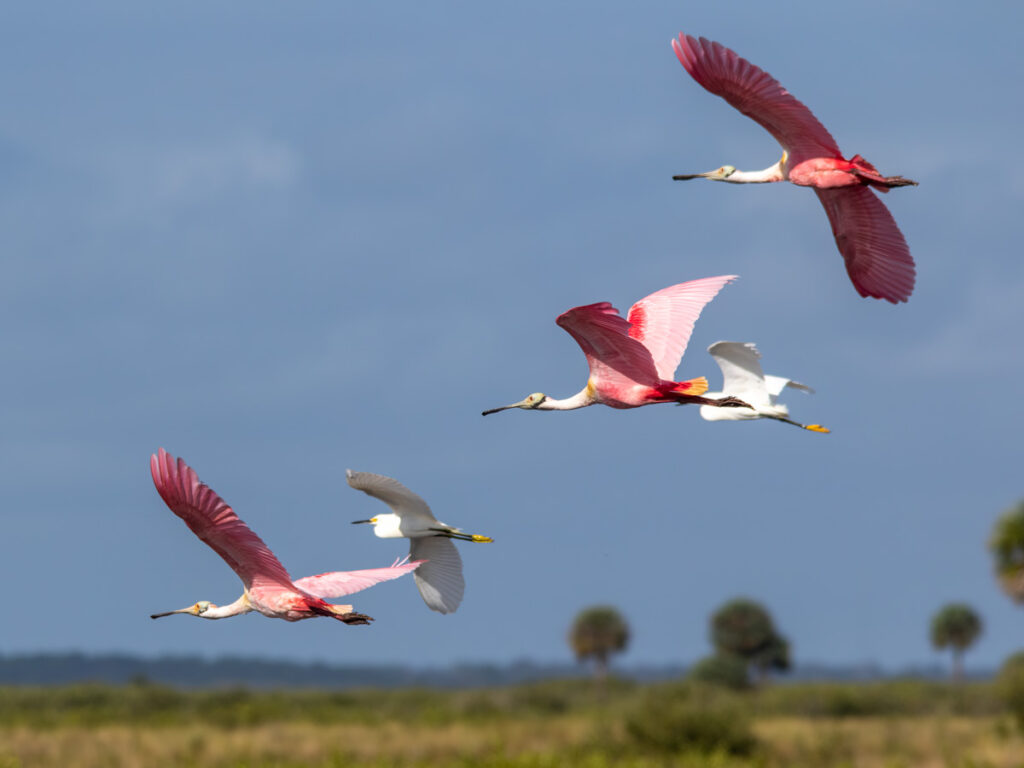
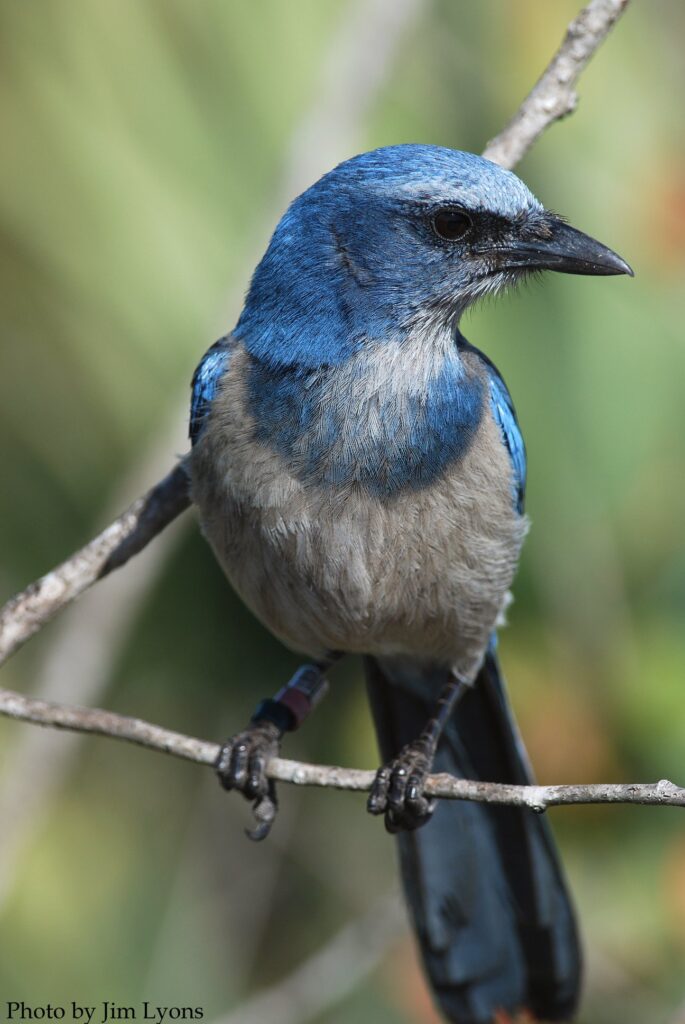
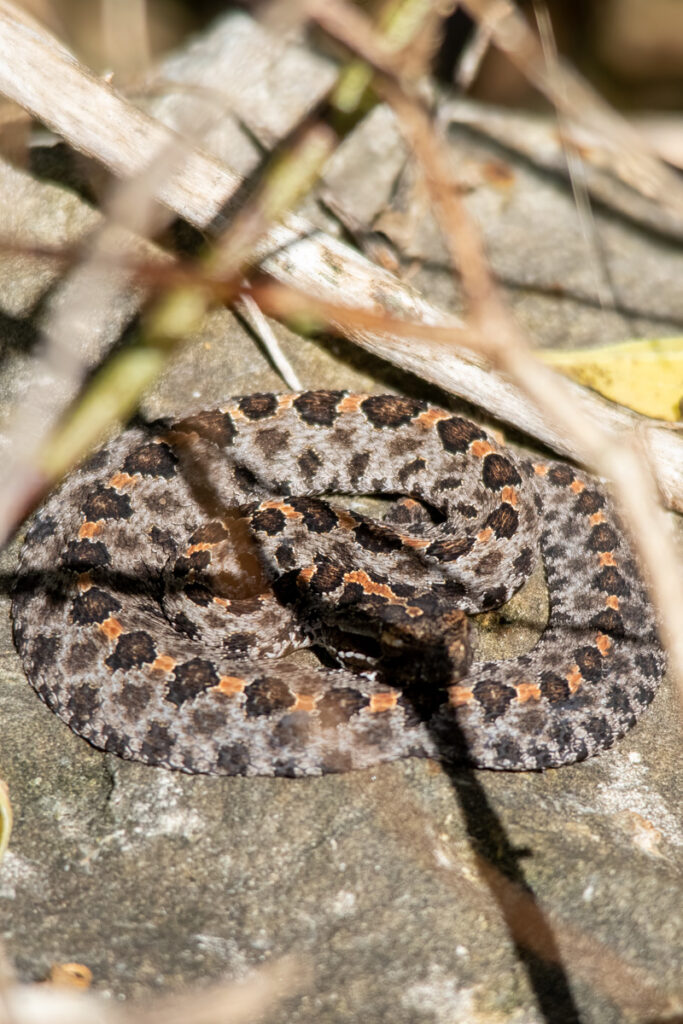
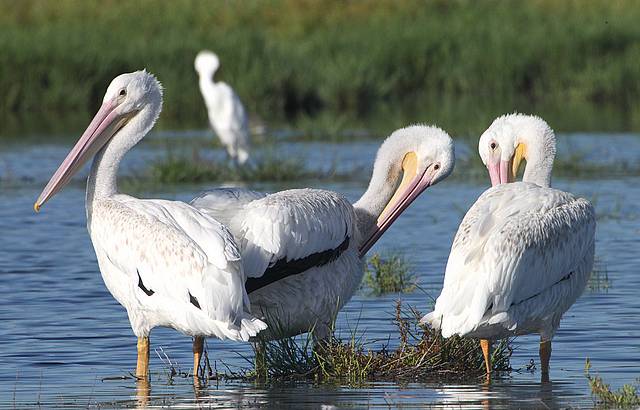
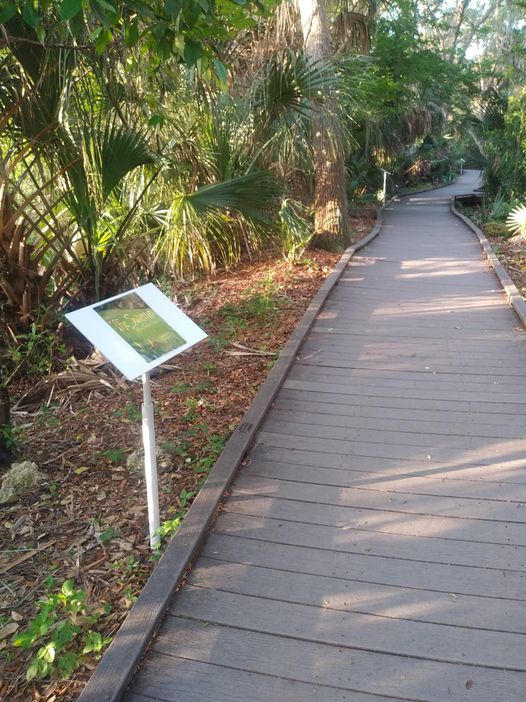
Merritt Island
National Wildlife Refuge
The refuge traces its beginnings to the development of the nation’s Space Program. In 1962, NASA acquired 140,000 acres of land, water, and marshes adjacent to Cape Canaveral to establish the John F. Kennedy Space Center. NASA built a launch complex and other space-related facilities, but development of most of the area was not necessary. In1963 the U.S. Fish and Wildlife Service signed an agreement to establish the refuge and in 1975 a second agreement established Canaveral National Seashore. Today, the Department of Interior manages most of the unused portions of the Kennedy Space Center as a National Wildlife Refuge and National Seashore.
Merritt Island National Wildlife Refuge was established in 1963 as an overlay of NASA’s John F. Kennedy Space Center for the protection of migratory birds. Consisting of 140,000 acres, the Refuge provides a wide variety of habitats: coastal dunes, saltwater marshes, freshwater impoundments, scrub, pine flatwoods, and hardwood hammocks that provide habitat for more than 1,500 species of plants and animals and 15 federally listed species.
Birds
The refuge’s coastal location, tropic-like climate, and wide variety of habitat types contribute to the refuge’s diverse bird population. To date, 358 species have been identified on the refuge.
Endangered Species
The refuge manages habitat for over 500 species of wildlife. These habitats support one of the highest numbers of endangered and threatened species found within the National Wildlife Refuge system.
Fish
More than 140 species of freshwater and saltwater fish are known to use refuge impoundments, estuaries, and freshwater wetlands. Fish within the refuge are important to the ecology of the area and recreation.
Habitats
The habits of the refuge include wetlands (both salt and fresh water), upland shrub land, wetland forest, mesic and upland forest, and beach and dune.
Invasive Species
Exotic, invasive, and nuisance plant and animal species are one of the priority management issues for the Merritt Island NWR. Nuisance animal species have a negative impact on threatened and endangered species
Mammals
There are many species of mammals on the refuge. Some of the larger ones include bobcats, otters, manatees, and deer.
Reptiles
Adult alligators are apex predators critical to the biodiversity of habitats and wetland ecosystems and can be found in many areas of the Refuge.
The wildlife and habitat vision for national wildlife refuges stresses that wildlife come first; that ecosystems, biodiversity, and wilderness are vital concepts in refuge management.
Merritt Island National Wildlife Refuge’s primary goals are:
- To provide habitat for migratory birds.
- To provide habitat and protection for endangered and threatened species.
- To provide habitat for natural wildlife diversity.
- To provide opportunities for wildlife-dependent recreation including hunting, fishing, wildlife observation and photography, environmental education, and interpretation.
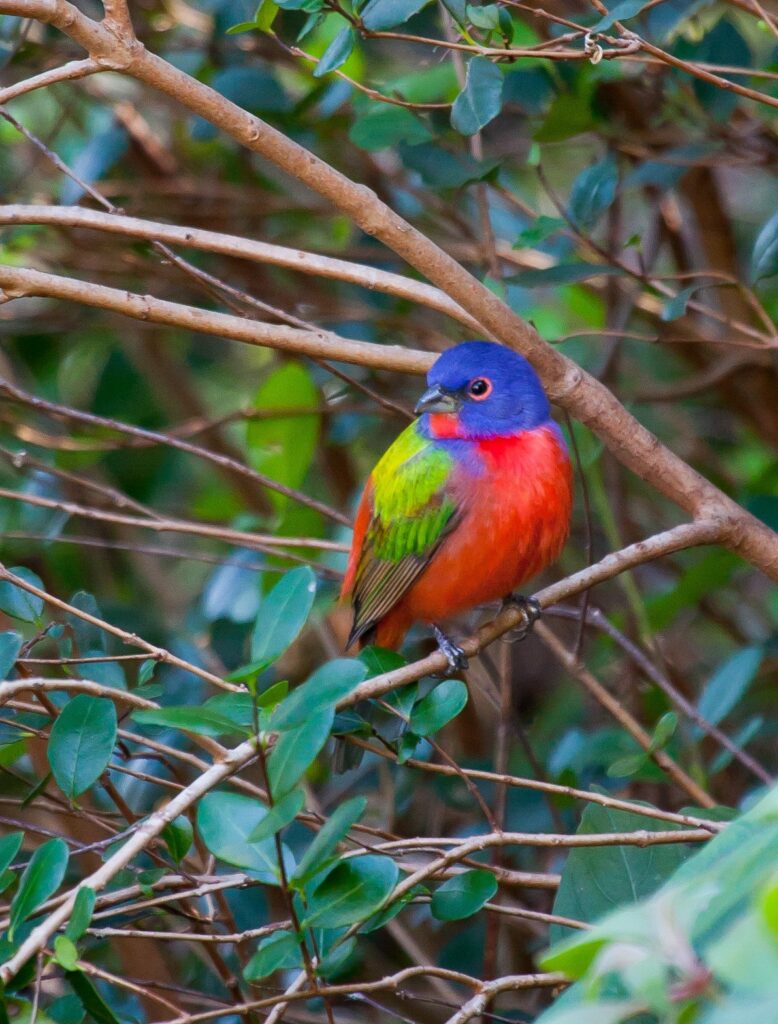
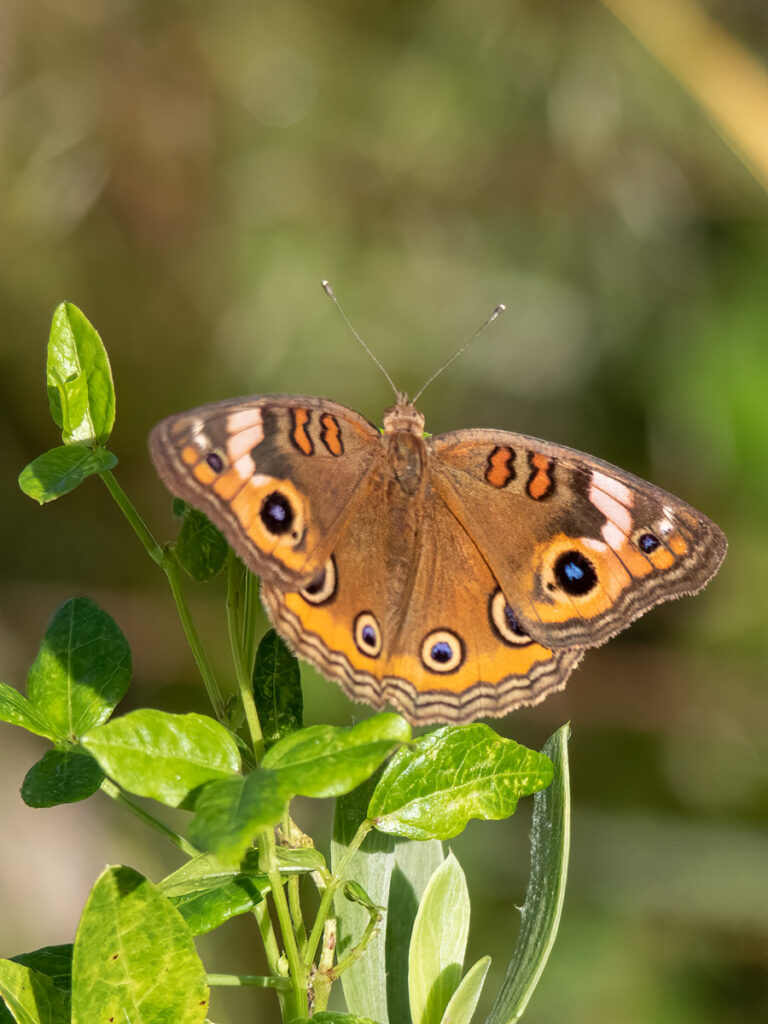
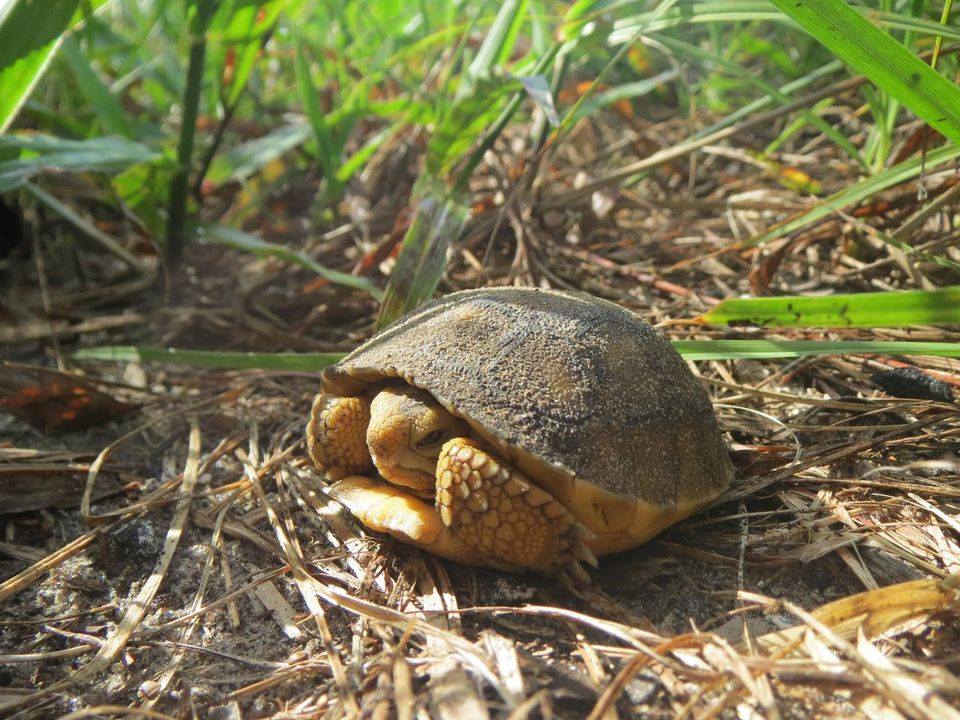
How to Help (MIWA Membership)
Become part of a friend’s organization that has been dedicated to the support of the Merritt Island NWR Complex since 1994.
By joining as a MIWA member, you will not only enjoy the great benefits, but you will also help MIWA promote conservation, awareness, and appreciation of the Merritt Island NWR Complex, which includes the Merritt Island NWR, St. Johns NWR and Lake Woodruff NWR.
As the refuge system faces continues to face budget cuts MIWA Friends Group support is needed now more than ever to support visitor services, environmental education, and the maintenance of the refuge.
Through the generosity of our MIWA members, we have provided the much needed funding for refuge projects in such as:
- Environmental education programs and bus transportation funding for students, helping to create future conservation stewards
- Youth outreach programs including Summer Junior Rangers, Boy and Girl Scout programs, Youth Fishing Derby, and the Annual Christmas Bird Count
- Internships for both the Merritt Island NWR and Lake Woodruff NWR
- Volunteer program, with refuge volunteers giving over 12,000 hours annually.
- Scholarships and funding for the Youth Leadership Council, a program for local high school students
- Assistance in staffing of the Refuge Visitor Center and support at the Visitor Information front desk
- Support biological studies within the Merritt island NWR Complex
- Funding for the Community Conservation & Education Center
Your membership also funds upgrades and construction of important interpretive facilities such as the Sendler Pavilion, which educates thousands of school children annually, and the Black Point Wildlife Drive Enhancement Project.
Become a MIWA Member or Renew today!
Click here to see our membership page and learn all about becoming a member or renewing your membership.
Refuge Hours
Refuge roads, trails and boat ramps are open from sunrise to sunset daily.
The Visitor Information Center is open 8am to 4pm Tues to Saturday (closed Sunday and Monday).
Fees
There is a $10 daily fee per vehicle which includes use of boat ramps and entry to Black Point and Bio Lab Wildlife Drives. Annual passes are available at the Merritt Island NWR Visitor Center for $25.
Visitors can pay entrance fees by cash at Visitor Center or with exact change at the self-pay stations when the Visitor Center is closed.
Annual Permits:
$25 Annual Refuge Pass (valid only at Merritt Island NWR)
$25 Federal Duck Stamp (valid at all National Wildlife Refuges)
$45 Canaveral National Seashore Annual Pass (Valid only at Canaveral NS and Merritt Island NWR)
America the Beautiful – The National Parks and Federal Recreational Lands Pass Series
Each pass covers entrance fees at lands managed by the National Park Service and US Fish & Wildlife Service and standard amenity fees (day use fees) at lands managed by the US Forest Service, Bureau of Land Management, Bureau of Reclamation, and US Army Corps of Engineers. A pass covers the pass owner and all occupants in a personal vehicle at sites that charge per vehicle or, the pass owner and up to three additional adults (16 and over) at sites that charge per person. Children ages 15 or under are admitted free.
Contact Us
Merritt Island Wildlife Association
PO Box 2683
Titusville, FL 32781
321-861-2377
Connect with Us on Social Media!
Merritt Island Wildlife Association
Since 1994 the Merritt Island Wildlife Association (MIWA) has helped support the Merritt Island NWR
